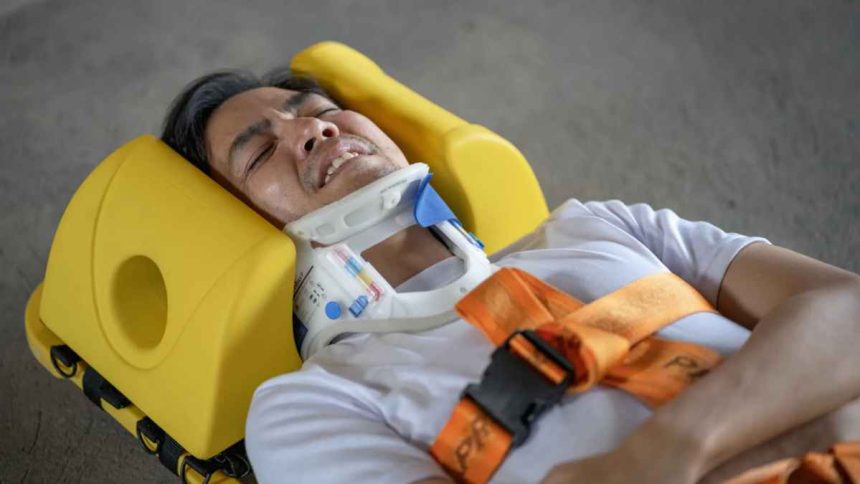Brain injuries are life-changing events, and ones for which not many of us can plan. They have profound short- and long-term impacts for those unlucky enough to contract them – and there are those of us far more likely to contract them than others. For example, those in active military service encounter serious brain injury risks every hour they serve. But what can the impact of brain injury be on a veteran, and what resources are there to help?
Understanding Brain Injury
Brain injuries are not military-specific experiences, of course. They can occur to practically anyone, and for an extremely wide variety of reasons. They present in numerous different ways, with different causes begetting different symptoms and outcomes.
Acquired brain injuries are the most common form of brain injury, being injuries that occur as a result of a medical event. Within acquired brain injuries, traumatic brain injuries (TBIs) are most common. These are injuries that occur as a result of physical injury, such as a strike to the head. The type of trauma can inform the results of the injury; the brain is a complex organ, and so does not respond in an entirely predictable way to specific injuries.
The ways in which the brain can respond, though, span from physical pain and nerve issues to failures in executive function. Brain injury victims can experience problems with language, motor skills, balance, and even behaviour in the aftermath of an injury, illustrating the vital importance of early diagnosis and treatment for the brain-injured.
Impact on Veterans
Veterans of military action weather a unique risk of brain injury, with active military duty presenting atypical risks for those in the Army. As well as direct hazards such as gunfire, IEDs and other such weaponry, military personnel run the risk of acquiring brain injuries through exposure to toxic materials, and even accidents in training or on base.
Not only do military veterans have to endure the physical repercussions of such injuries, but they have to do so alongside the common mental after-effects of military service. Re-adjusting to life after service with Post-Traumatic Stress Disorder is difficult enough, but doing so while recuperating from a life-altering injury is especially difficult.
Avenues for Veterans
Veteran’s rights are hard-fought, and there is still a long way to go in terms of representation for veterans and other ex-service members. With regard to brain injury, there are some primary avenues by which ex-military staff can seek assistance and parity. Brain injury solicitors are vital for exploring civil recourse, particularly where a brain injury occurred through no fault of the veteran; this might be to do with poor health and safety in barracks, or negligent behaviour of a senior officer.
There are also veterans’ charities, established to assist and agitate for veterans after service. The Royal British Legion is a military charity with a large footprint, network and tranche of resources, well-poised to assist victims of grievous physical injury to chart a course through civilian life.
Lynn Martelli is an editor at Readability. She received her MFA in Creative Writing from Antioch University and has worked as an editor for over 10 years. Lynn has edited a wide variety of books, including fiction, non-fiction, memoirs, and more. In her free time, Lynn enjoys reading, writing, and spending time with her family and friends.















